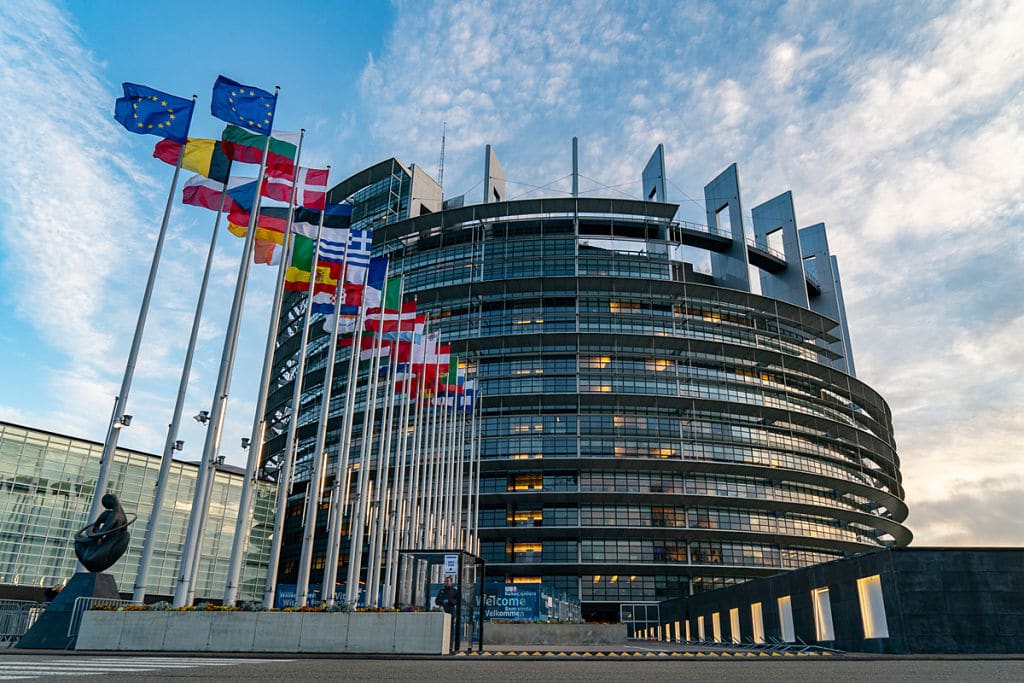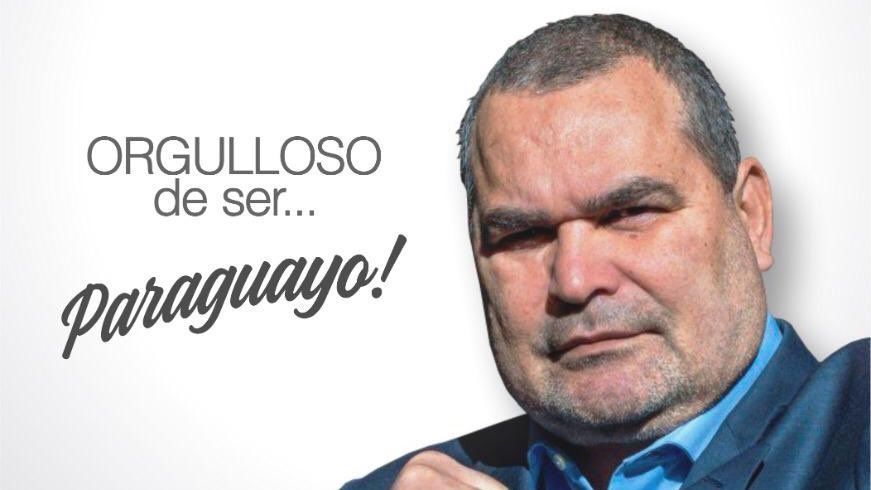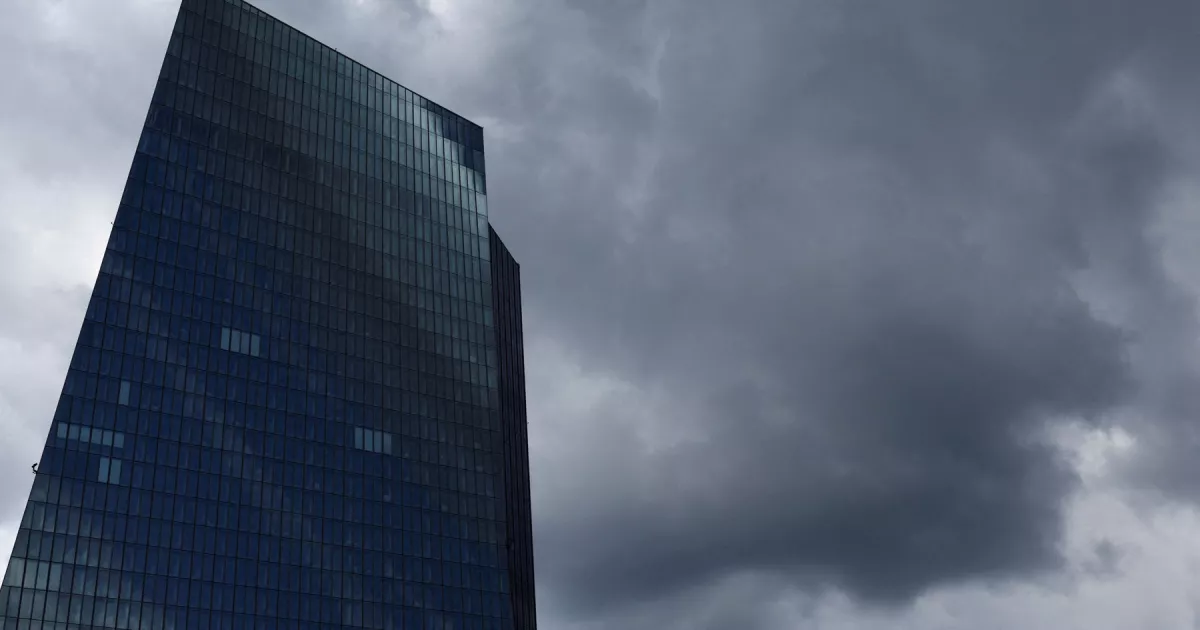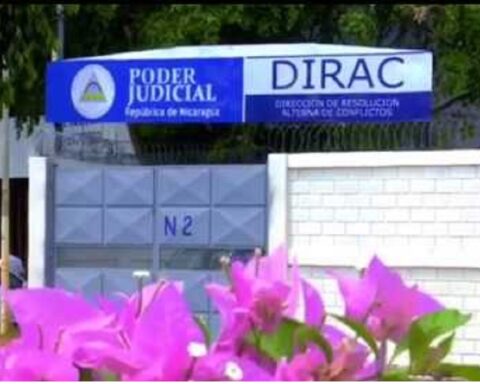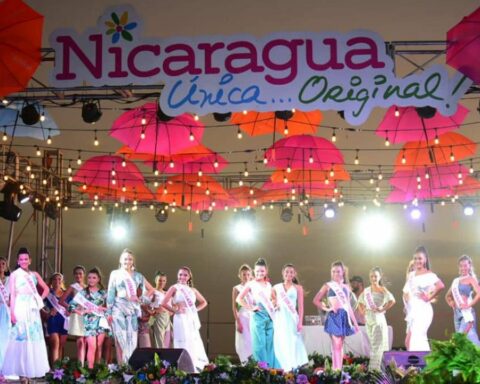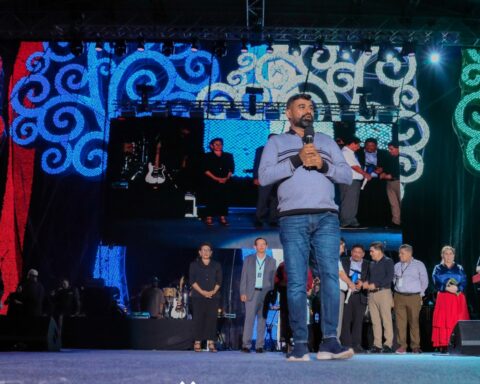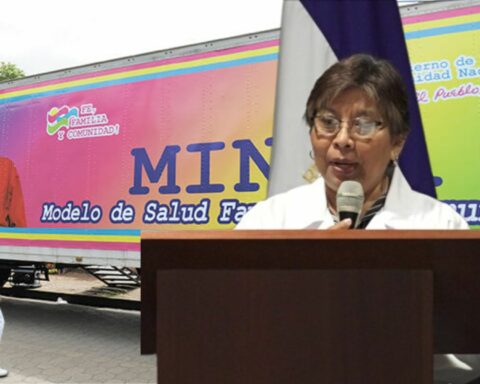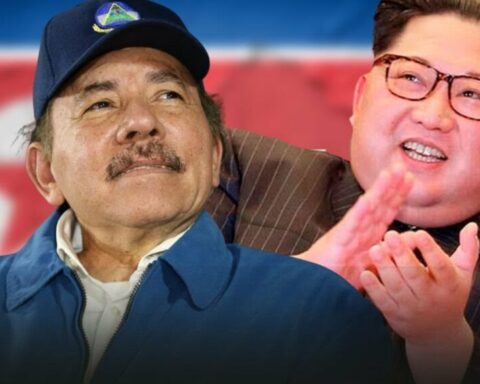The chairman of the European Parliament’s Foreign Affairs Committee, German MEP David McAllister, demanded more transparency from the diplomatic service of the European Union (EU) about the final destination of the funds sent to Nicaragua and urged them to “ensure that really ( these grants) make a difference on the ground”.
McAllister expressed his fear that some amount of the humanitarian funds from the 27 countries of the European Community could end up in the hands of the government of Daniel Ortega, who has been in power for 16 consecutive years in the midst of a political crisis, with several opposition leaders imprisoned.
“How am I supposed to tell my taxpayers in Germany that we indirectly help the Sandinista dictatorship that goes against the values that the EU stands for?” the MEP asked.
McAllister regretted that, in his opinion, the Ortega government “pushes the Central American country towards a Cuban-style one-party system” and, in this regard, recalled that in the last municipal elections in November 2022, the Sandinista Liberation Front Nacional (FSLN) prevailed in all 153 mayoralties in playeither.
“Since the election of Daniel Ortega in 2006, Nicaragua has experienced a period of democratic deterioration marked by the consolidation of his party’s control in all branches of political power, the limitation of fundamental freedoms and rampant corruption,” denounced the president of the Foreign Affairs Committee of the European Parliament.
The European Union is the main donor of Nicaragua, according to the records of the General Budget of the Republic 2023, with more than 224 million córdobas, funds destined specifically for the improvement and equipment of 18 educational centers, located mostly in the inside the country.
Ortega maintains a rather aggressive discourse with the European Union, constantly accusing it of being interventionist, imperialist and meddling. In 2022, the dictatorship expelled the ambassador of the European Community, bettina muscheidand suspended relations diplomatic relations with the Netherlands.
They argue that still “can be operated”
The European External Action Service (EEAS), the diplomatic corps of the EU, defended the sending of humanitarian aid to Nicaragua “for the moment”, despite the denunciations of the president’s authoritarianism, and after the doubts expressed in a commission of the European Parliament about the misuse of these funds
The head of the EEAS department for Central America, Jonathan Hatwell, admitted that the space for NGOs and civil entities in Nicaragua “is shrinking”, but assured that, “for the moment”, the evaluations carried out suggest that “it is still possible operate” and take measures to “relieve the long suffering of the population” of the country.
In total, the diplomat explained that some 400 NGOs ((international) have been left without legal authorization to work in the country, in a context marked, he said, by “severe repression and intimidation” of political dissent, but that, for the community official, it still allows the humanitarian aid committed by the EU to be deployed.
“I think that if things got to the point that we did not have the confidence to continue carrying out activities for the development of the population, then it would be necessary to review it,” Hatwell said during the meeting with the Committee on Foreign Affairs of the European Parliament.
Until November 2022, the regime closed 3106 Non-Profit Organizationsor, which correspond to 42.9% of the total of 7,227 that existed in the country before 2018. Among the canceled NGOs, there are 1,614 national NGOs, 328 international, 363 union organizations, 287 religious organizations, 148 women’s associations, 60 medical associations, 151 neighborhood associations, 82 cultural associations, 54 media, eight private universities and six political parties.
Move forward with sanctions against Ortega
The Spanish MEPs who took part in the debate asked the EU diplomatic service to advance the sanctions imposed on Nicaragua. “If the only language that the (Ortega) regime understands are sanctions, then let’s examine all kinds of sanctions again,” said PSOE deputy Nacho Sánchez Amor.
PP parliamentarian Francisco José Millán Mon also recalled “Nicaragua’s closeness to the Russian aggression (from Ukraine).”
MEP Soraya Rodríguez stressed that the European Parliament already requested in September 2022 that the EU impose sanctions on Nicaraguan judges who pass sentences against opponents.
On September 15, 2022, a large majority of the European Parliament passed a resolution on Nicaragua, which condemns “in the strongest terms” the repression and arrests of members of the Catholic Church in the country, in particular the arrest of the bishop Rolando Alvarez. At the same time that it urges the Member States of the European Union (EU) and the Security Council of the United Nations to initiate “a formal investigation into Nicaragua and Daniel Ortega” for crimes against humanity.
The resolution, product of the unification of six proposals of the parliamentary groups, was approved by 540 votes in favor, 19 against and 26 abstentions; 585 of the 705 members of the European Parliament participated in the vote.
*With information from EFE

